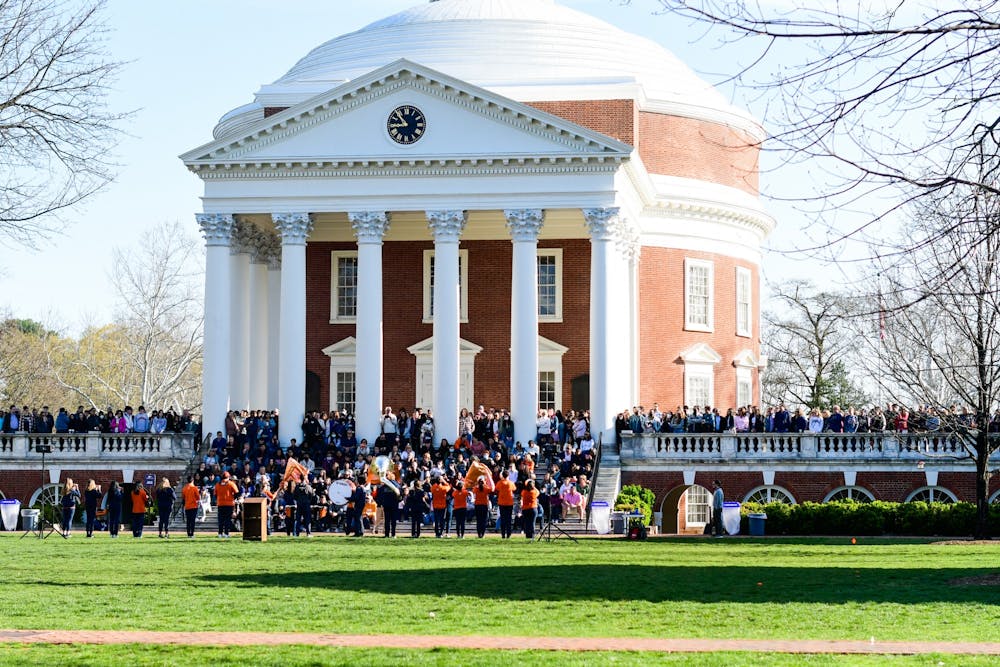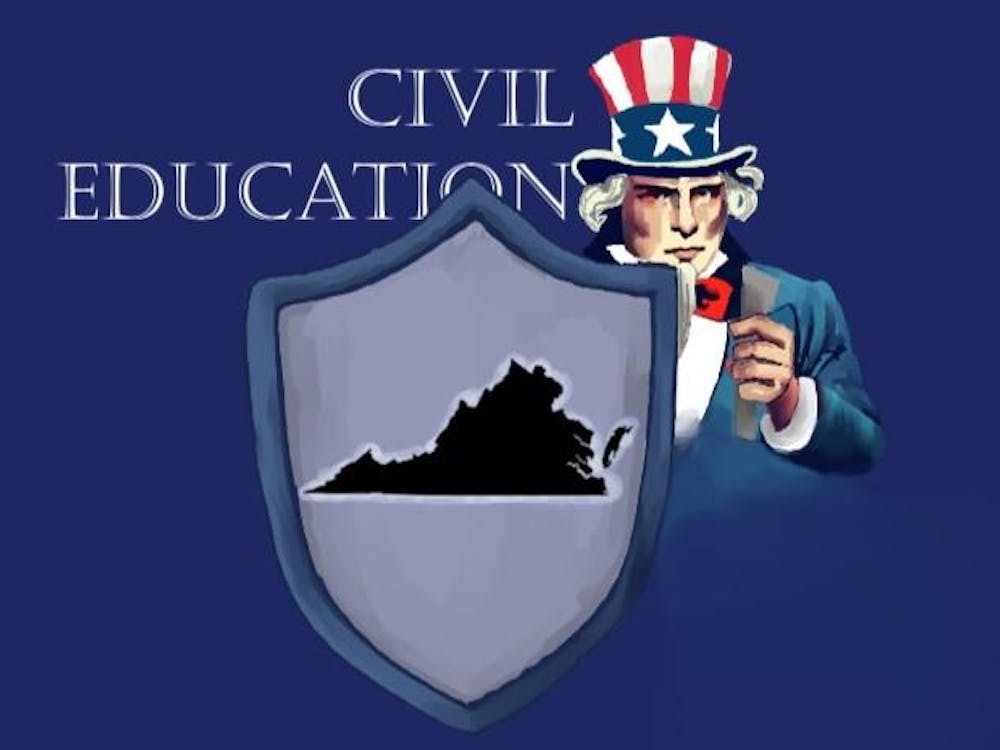Tabling for Education Abroad at this year’s Days on the Lawn activity fair, I interacted with students exploring the University and its offerings. Many of these students came to Grounds with their parents — an understandable companion on a trip where many students decide upon their academic future. To my chagrin, though, parents dominated my conversations. Students speaking entirely for themselves — asking questions about Education Abroad, community-building and any other concerns an incoming student could have — made up the minority of conversations. Such interactions were less frequent than those in which the student hovered silently behind their parents. While some students may have just been shy, I was startled when a parent would be the only one to speak and declare the student’s interests. One mom abruptly ended our conversation after learning I was discussing a program that sends students abroad during their first college semester. She decided her child — who stood behind her and silently walked off after her refusal — would not participate in such a thing.
Parents and guardians should not be the decision makers when it comes to choosing college or even what one does at college. Overparenting is damaging to children and young adults regardless of a collegiate context. The outcomes of overparenting for a child include increased anxiety and chances of developing depression, an unrealistic sense of entitlement, low self-efficacy and confidence and an inability to cope with emotional hardship.
Overparenting can manifest in seemingly disconnected ways. For example, it can come in the form of strictness — via a parent’s heightened surveillance and management of their child. But it can also arise via laxness, such as a parent indulging their child’s every wish or never tasking them with activities or chores that teach life skills. In either micromanagement or laxity, guardians exhibiting these styles of parenting leave their child unprepared for adulthood — where no one directs your every move or indulges your every wish.
Parents cannot dictate the life of their college student. This breaches beyond studying abroad. Who their child lives with and where, what classes their child enrolls in, what they major or minor in, what extracurriculars and jobs they take on — all of these are parental demands that I have seen friends and peers either fighting against or yielding to. This is incredibly dispiriting to see. College is a time to learn about yourself and grow into adulthood. These complicated processes, however, can be sources of fun when you have the room to freely be — without your guardians’ strict parameters bearing over you from back home.
Parents often assist their child in paying for college, but even this privilege can cross into financial abuse. Online stories offer evidence enough that parental attempts at controlling their child through financial support are not isolated. Close monitoring of how financial assistance is used and placing strict conditions on said assistance are classic signs of financial abuse. If you will only pay for your child’s college on the grounds that they complete a certain major, reach certain internships and partake in certain activities, then you are simply a bad parent. Expecting decent grades and that your child will work a job is one thing, but actively dictating your adult child’s life is blatantly manipulative.
Such helicopter parenting can even seep into the day-to-day interactions of academics, with some parents contacting their student’s professors to talk about grades or career paths. Such parental contact is the stuff of middle school. College should teach students how to become self-advocates, and this will most certainly include stumbles. I know I’ve had times when I couldn’t overcome my anxiety to email a professor about a grade I didn’t understand. While one might go to their parents for advice if their relationship is healthy, parents violate a boundary when they step into the student’s shoes to start taking action on their behalf.
College is a learning curve for parents and guardians just as much as it is for young adults taking off into new, scary experiences and environments. Sometimes this transition exacerbates manipulation that was present in the student’s childhood. Sometimes it spawns it for the first time, with a new experience generating new dynamics. Regardless, college should be hands-off for parents. Unless your advice is solicited, keep to the sidelines as a supportive fan — don’t be the parent coaching from the bleachers.
Bryce Wyles is an Opinion Editor for The Cavalier Daily. He can be reached at opinion@cavalierdaily.com.
The opinions expressed in this column are not necessarily those of The Cavalier Daily. Columns represent the views of the authors alone.







